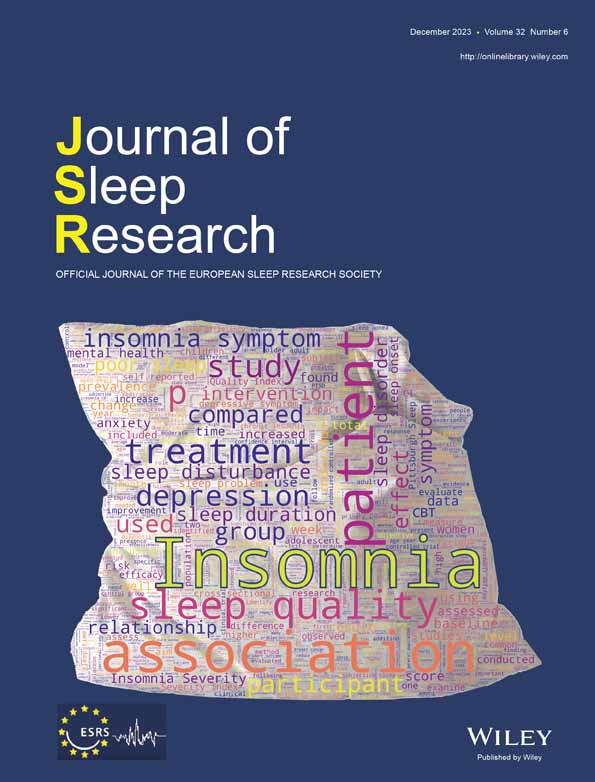
Today, our new sister project Amyloid imaging to prevent Alzheimer’s disease (AMYPAD) announces the launch of its novel research initiative, bringing together academic and private research partners to investigate the value of β-amyloid using positron emission tomography (PET) imaging as a diagnostic and therapeutic marker for Alzheimer’s dementia.
Beta-amyloid (β-amyloid) deposition in the brain is one of the neuropathological hallmarks on the path towards development of Alzheimer’s disease (AD). The recent advent of commercially available β-amyloid PET tracers has opened up new potential for the visualisation of brain β-amyloid in vivo. It may improve an early diagnosis of AD, and, when recognised in a pre-symptomatic population, even provide an opportunity for secondary prevention of AD. However, the full value of this relatively novel technology and its optimal position in the diagnostic workup of patients is not yet fully understood.
“The AMYPAD Consortium brings together a world-class team of highly synergistic partners from across Europe to form a pan- European network including the most active PET sites. This will ensure effective access to patients and also maximise exposure to technical knowledge and disease modelling. This is a game-changing step in establishing the value of β-amyloid PET imaging in clinical practice”, said Prof Frederik Barkhof, AMYPAD Project Coordinator and Professor of Neuroradiology at VU University Medical Center, Amsterdam and at University College London.
Understanding the value of imaging of β-amyloid using PET provides a unique opportunity to achieve 3 major goals: 1) improve the diagnostic workup of people suspected to have AD and their management; 2) understand the natural history of AD in the pre-symptomatic stage; 3) select people for treatment trials aiming at preventing AD by ensuring a more homogeneous and appropriate enrolment. Through engagement with regulators, the AMYPAD consortium will maximise the value of its findings for pharmaceutical companies, healthcare providers, and patients.
AMYPAD will determine in a real-life clinical setting for whom diagnostic β-amyloid imaging is appropriate, when this is best performed and how the resulting information is influencing diagnostic certainty, patient management and ultimately decision trees and cost-effectiveness of dementia care.
“The development of β-amyloid imaging has been a tremendous research success which allows a more accurate diagnosis of Alzheimer’s disease and a better selection of research participants for ongoing clinical trials. The AMYPAD project will provide much-needed information on the best place of this new technology in everyday clinical practice. Thanks to projects like these, we hope to get closer to our aim of ensuring a timely and accurate diagnosis for all patients”, said Jean Georges, Executive Director of Alzheimer Europe.
AMYPAD will address the above goals in close collaboration with our EPAD project.
“AMYPAD will apply amyloid PET on an unprecedented scale to patients who are suspected to be in the early stages of AD and generate the knowledge to fully integrate PET β-amyloid markers into current clinical practice in a cost-efficient way, by demonstrating its diagnostic, prognostic and therapeutic value from a multi-stakeholder perspective.”, said Dr Gill Farrar, AMYPAD Project leader and Scientific Director at GE Healthcare Life Sciences.
AMYPAD is mainly sponsored by the European Union’s Horizon 2020 research and innovation programme and the European pharmaceutical industry (via EFPIA) under the auspices of the Innovative Medicines Initiative 2 Joint Undertaking.
For more information, contact info@amypad.eu, check out www.amypad.eu or follow @IMI_AMYPAD on Twitter.







